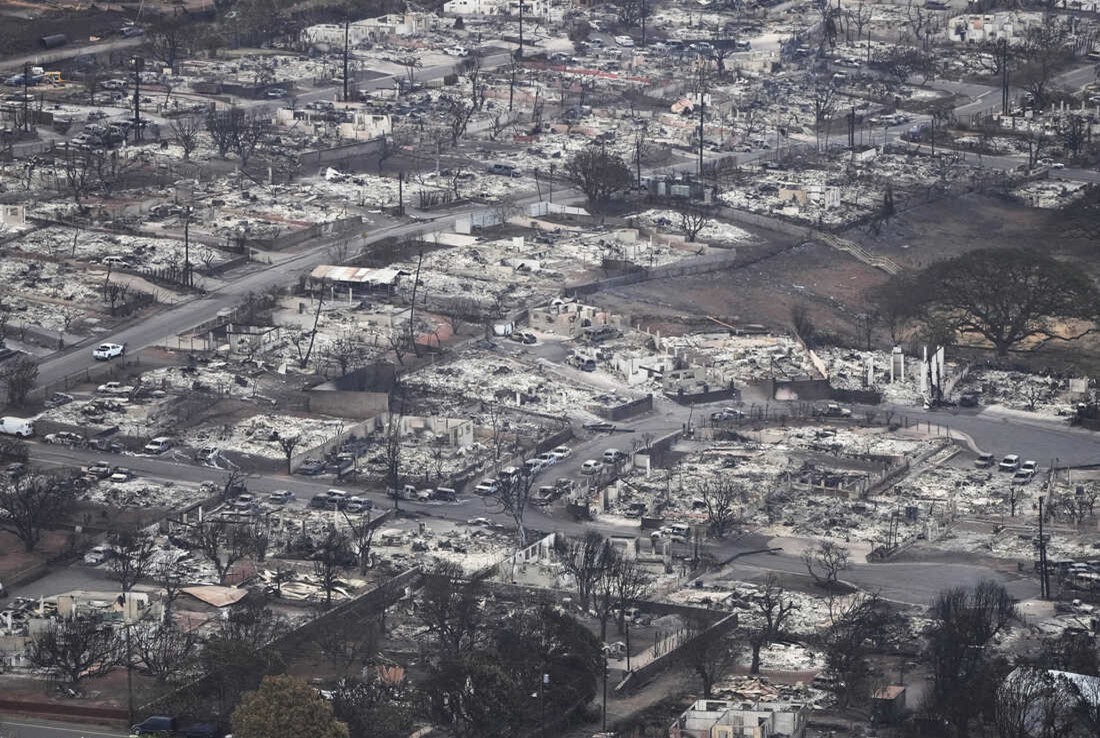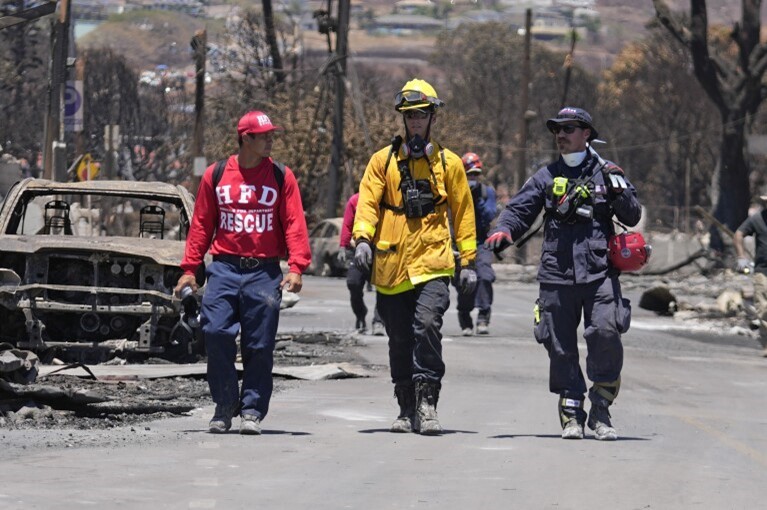
As destination organizations, we know this pain. We know this tragedy. We know these people as they are part of our travel industry family. And we can help.
By Jack Johnson, Destinations International
It came on in an instant.
“All of a sudden, it was starting to barrel over the building. It was completely black. You couldn’t see an inch in front of you. This was broiling smoke.” - Caresse Carson, Captain Jack’s Island Grill. From the Washington Post story “How the Maui wildfires devastated Lahaina, hour by hour.”

On Sunday of this week, Hawaii Governor Josh Green said in a video statement that the “fire hurricane” in Maui spread at the rate of one mile per minute and destroyed the town of Lahaina on the island. He said “There is very little left there. Over 2700 structures were destroyed in Lahaina, and an estimated value of $5.6 billion has gone away. But mostly there are people [who] are suffering and we continue to work to find them.”
According to the governor, the fire traveled quickly because of the wind gusts, which officials believe were up to 81 miles per hour. It was those winds and 1000-degree temperature that were the ultimate reason that so many people perished, and buildings and other infrastructure were destroyed.

It came on in an instant. And they are part of our family.
The tourism industry in Maui has been crippled by the recent “fire hurricane.” Hundreds of people in the tourism sector, hosts and visitors alike, have perished or been injured. Too many have lost everything they have. And the community has lost their tourism infrastructure - lodging, restaurants, retail, attractions and great outdoor spaces.
As destination organizations, we know this pain. We know this tragedy. We know these people as they are part of our travel industry family. And we can help.
- We can start by sending money so that those on the ground can purchase supplies needed to address the crisis and the needs of the survivors can be addressed.
- We can play a vital role by using our voices and our communication channels to draw attention to the tragedy. And to keep the attention focused on helping the victims.
- As things move forward, we can highlight the community's recovery efforts and showcase the resilience of the area. And when ready, we can highlight the return of Maui as a destination.

The following are some entities who are on the ground aiding the victims. I urge you to start by making a contribution to one of them.
Hawaii Community Foundation Maui Strong fund: Focusing on rapid response and working with local nonprofits to understand community needs. More details.
Maui Rapid Response is a collective disaster response organization made up of individuals from Maui-Mutual-Aid, Maui-Strong, and a number of nonprofit and direct-aid organizations. Working in coordination with county and state officials, Maui Rapid Response is a trusted entity dedicated to supporting Maui County citizen groups in crisis.
The Council for Native Hawaiian Advancement (CNHA) is a member-based 501(c)3 non-profit organization with a mission to enhance the cultural, economic, political, and community development of Native Hawaiians. CNHA is partnering with Native Hawaiian and community organizations and businesses to match up to $1.5 Million in donations for ʻohana’ impacted by the devastating wildfires on Maui.
Maui Food Bank: Collecting and distributing food to help the hungry in Maui County. More details.
Maui United Way: Providing direct relief to families and nonprofits. More details.
The Salvation Army Hawaiian and Pacific Islands Division: Providing food and resources for evacuees. More details.
Public Schools of Hawaii Foundation: Partnering with the state Department of Education to support school communities in West Maui through Oct. 1. More details.
Maui Humane Society: Supporting shelters for displaced people and animals, and caring for injured animals. More details.
World Central Kitchen: Providing meals to people in need by partnering with local organizations. More details.
Hawaii Lions Foundation: Matching up to $25,000 in donations for Maui disaster relief efforts. More details.
It came on in an instant. They are part of our travel industry family. And we need to help them.


